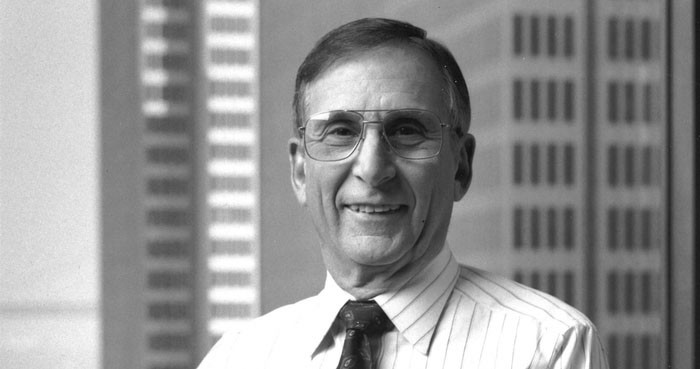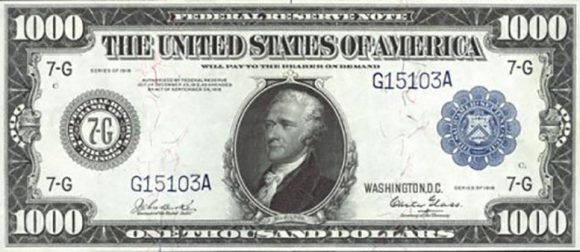
George Doriot (dor-ee-oh) was the key to modern venture capital and most of the rest of the early history of the venture capital industry is not documented.
This is part 3 of a series.
- The (Lost) History of Venture Capital
- Venture Capital Took Decades to be Significant
- Arthur Rock helped invent Venture Capital
The connection is that Arthur Rock was a student of Doriot, as was Thomas Davis. After graduating, these two partnered to form Davis and Rock, which was the first or second modern venture capital fund (emphasis on fund). The order doesn’t matter. Neither does the fact that Davis and Rock unpartnered before the 10 year lifetime of that fund, with David moving on to found Mayfield, which is still a top 10 VC fund in Silicon Valley.
As someone who likes to know how everything works and in this case where all the norms of venture capital came from, I found this interview from Stanford Law School to be enlightening, as it not only attributes the term “venture capital” to Rock, but also the ubiquitous idea that startups should share equity with their employees.
By the time I was a software entrepreneur raising capital from California venture capital funds in the 1990s (30 years after Rock and 30 years ago), the idea that employees should own 20% of the company was an unbreakable rule. A question explicitly asked by VC partners, well before they considered writing a term sheet. And a term in that term sheet that was non-negotiable below 20%.
The justification was always that startups needed to compete for talent with big, established companies, and this was a way to pay a smaller salary but provide the potential for a higher total compensation. But as often happens, the original reason gets lost along the way and thus by the 1990s big, established companies like Microsoft were giving away stock options to their employees too, to keep them from leaving and starting their own startups. Amazon, Facebook, Google, Apple, etc, all still do this too, despite being the most valuable public companies on the planet.
In any case, the norm for options and stock grants is vesting over four years (i.e. the employee is promised a certain number of shares, but they receive those shares over the next 48 months). Why four years? Because that is the timeframe Arthur Rock chose in the 1960s. That is still the timeframe used today. Why? In part because that was a reasonable timeframe in the 1960s and in part because most people don’t question details like that and simply follow what has been done for decades.
I suspect Rock invented other bits and piece of the venture capital model too. What amazes me as I find these interviews that dig up these stories is how Rock, Draper, Doriot, and the other pioneers solved problem after problem in the investment space with solutions that not only worked for them, but which still work 60+ years later.
But like the rule of 48 month vesting, I’m always surprised how blindly others follow the ways “it has always been done” rather than questioning whether those are still the right choices for today. Which is why I often change those rules. Details on how in Berkshire Africa, over on the Africa Eats’s blog.













